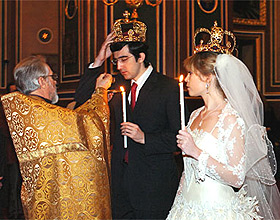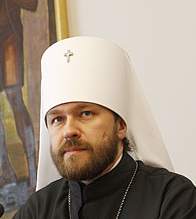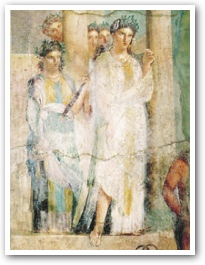Social leveling is something that we typically associate with the destruction of material differences between human beings. It is the socialist dream of a classless society in which distinctions, usually the result of economic variation, are made irrelevant. The state, empowered by the political action of the masses (or at least a group claiming to speak for the masses), works to gain control of the wealth and property of a society and then to redistribute it in such a way as to make people equal. It should be obvious that this type of action vastly increases the power of the state because it becomes the effective owner of all property.
Although socialism aims to wipe out material inequality, it may merely present a new opportunity for sin. James Madison noted that taking control of the property in a state will not make people equal for more than a very short time. They have different talents, abilities, and levels of energy. A new elite will assert itself, just as it has in every nation with a communist revolution.[Read more…]







